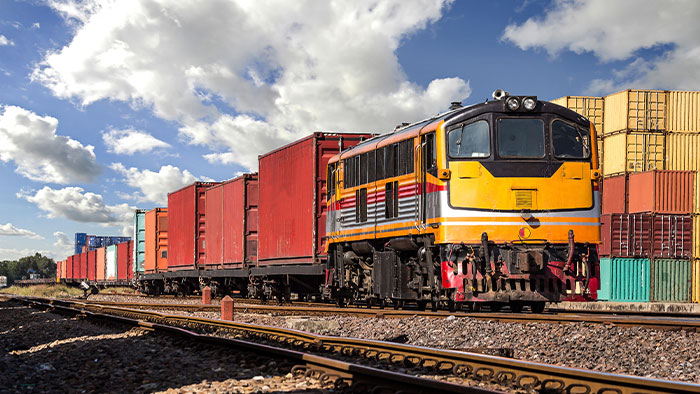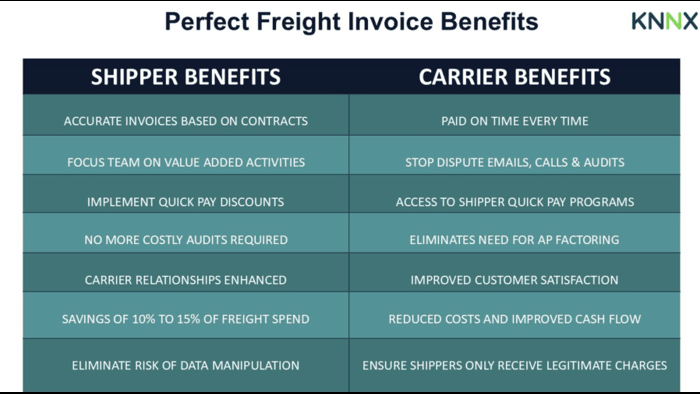Supply Chains at Risk Again with Rail Labor Dispute
- By [ Evan Armstrong , Jess Dankert ]
- 07/12/2022
It's been over a month since the National Mediation Board (NMB) ended the mediation process between the Class I freight railroads and major rail unions representing 115,000 employees. Avoiding disruption while balancing the needs of rail companies and their employees is critical.

That’s why we are urging the Biden administration to take action to ensure there is no interruption to the country’s rail service. The White House is expected to appoint a Presidential Emergency Board (PEB) of 3-5 members, which then has 30 days to conduct hearings and issue settlement recommendations. In a letter to the White House this week, we ask the president and vice president to appoint members to the PEB that will help fairly and expeditiously address this important issue.
In addition to the rail labor challenge, California's AB5 law, which restructured the classification of independent contractors, is poised to pose additional strain on supply chains operating in the state. This is another issue the RILA team is monitoring closely and will keep RILA members apprised of any developments.
For more information please contact RILA Vice President of Supply Chain Jess Dankert or Vice President of Workforce Evan Armstrong.
Tags
-
Supply Chain
-
Workforce
-
Public Policy
-
Supporting Free Markets and Fostering Innovation
-
Transportation and Infrastructure



